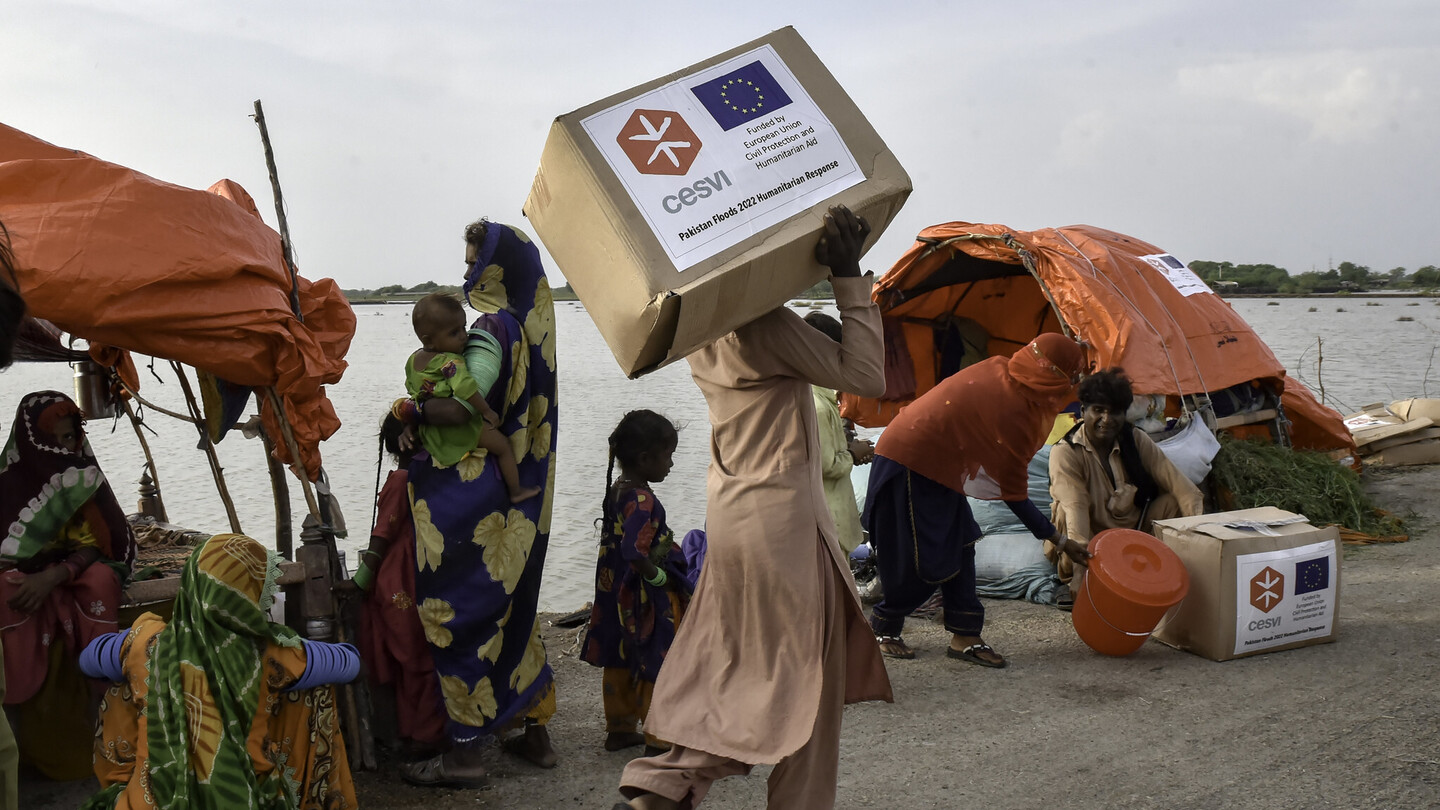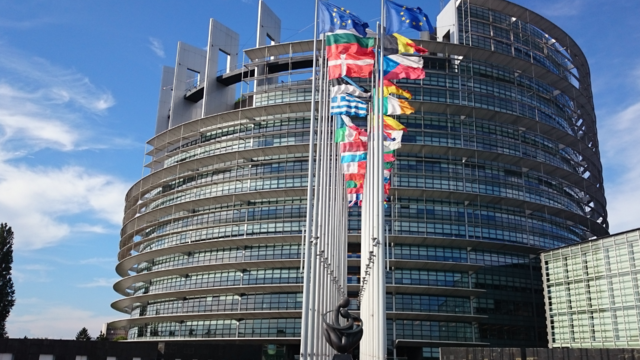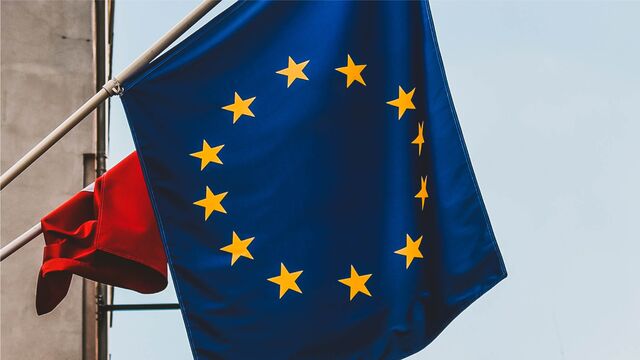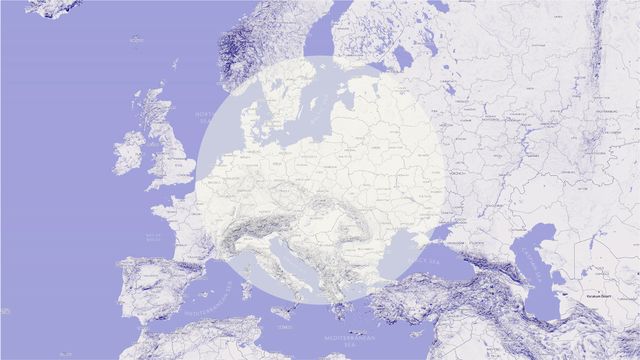Ensuring transparent and impactful policy coherence for development

paper
Ondřej Horký-Hlucháň's in-depth analysis, commissioned by the European Parliament, has evaluated the EU's Policy Coherence for Development. At a time of multiple crises worldwide, enhancing policy coherence is crucial not only for reaching Sustainable Development Goals but especially for mitigating the social costs of the European Green Deal beyond the EU's borders.
The European Union (EU) has a treaty obligation to monitor how its policies are impacting developing countries, known as Policy Coherence for Development (PCD), which remains extremely relevant in the new geopolitical setting and sustainable development framework. While mainstreaming the United Nations’ 2030 Agenda implicitly raised awareness about policy integration throughout the European Commission (EC) and the European External Action Service (EEAS), implementation of the European Green Deal has created new risks which could lead to negative social and economic impacts from EU policies in the global South being overlooked. Accordingly, the EU must institutionalise its political commitment to a transparent and impactful PCD by transparently identifying priorities, setting targets and undertaking their evaluation. This analysis confirms previous evaluation findings and reveals that technical mechanisms for assessing policy effects are in place at the EC level. However, weak political commitment combined with decreased capacities and dispersed policy coordination within the Directorate-General for International Partnerships limits their use. EU Delegations’ involvement in monitoring impacts remains uneven and furthermore, stakeholders’ participation in PCD remains inadequate to keep up with proposed policy changes. Hence, the EC and EEAS coordination should be increased, formalised and supported by the European Parliament, the Council of the EU and the Member States.










